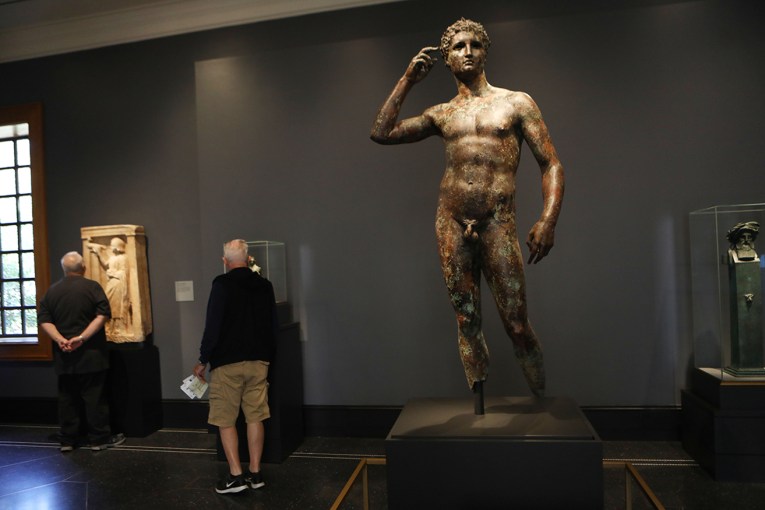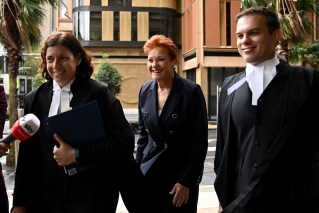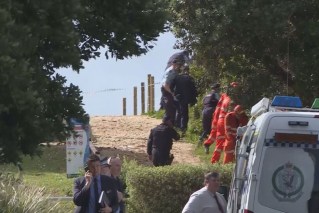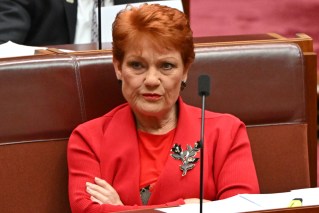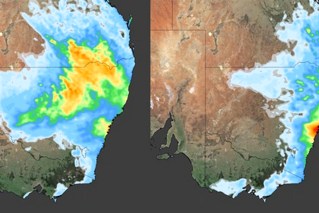Melbourne doctors to take anti-malaria drug touted by Donald Trump as COVID-19 shield

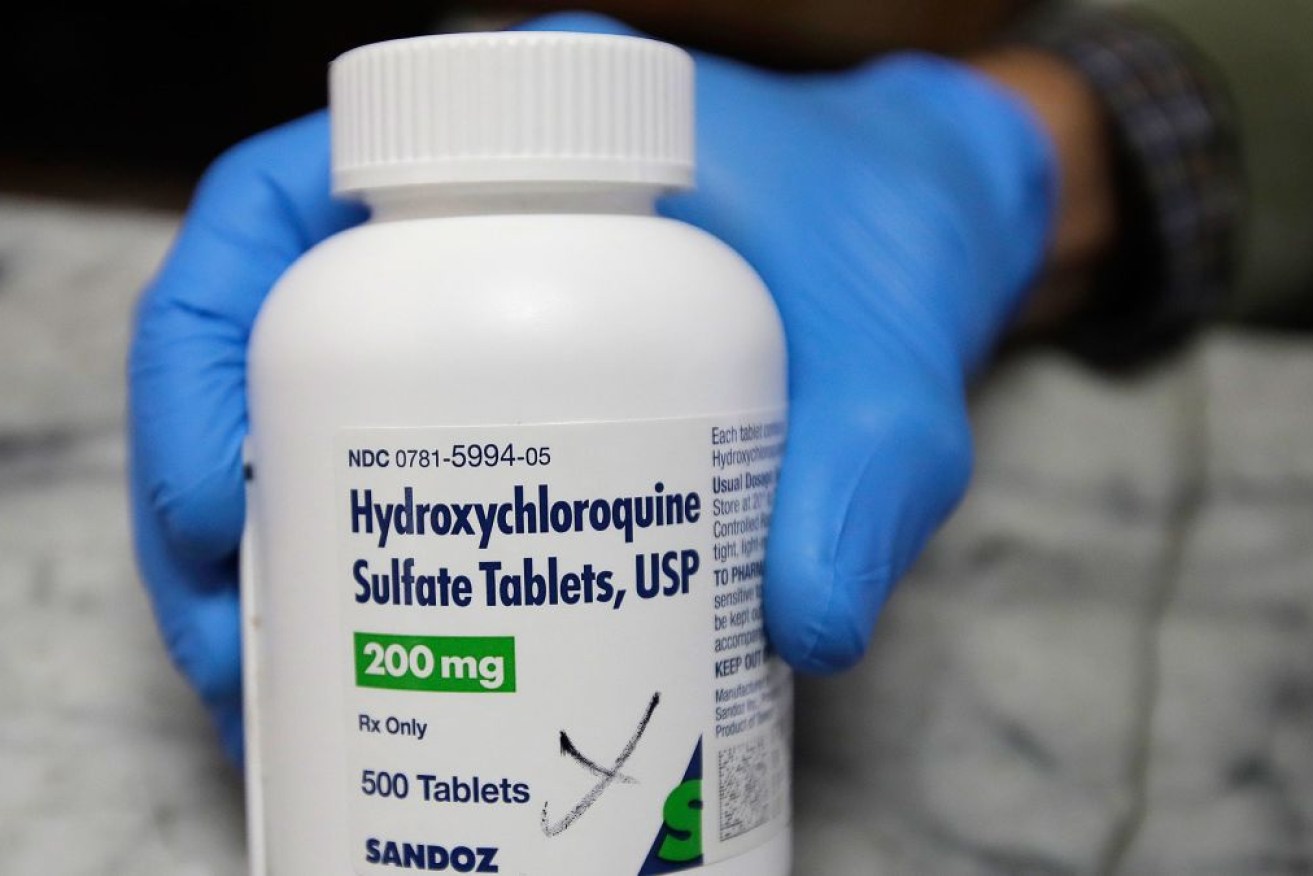
The WHO's Hydroxychloroquine trial is back on. Photo: Getty
Australian researchers are preparing to trial the drug Donald Trump has controversially revealed he has been taking to prevent COVID-19.
It comes as the US President batted away criticism for his decision to promote hydroxychloroquine, saying on Wednesday morning (Australian time) he believed the anti-malaria drug “gives you an additional level of safety”.
Now researchers from Melbourne’s Walter and Eliza Hall Institute plan to put hydroxychloroquine to the test, with healthcare workers to be recruited for a volunteer trial.
But they have warned everyday Australians should not follow Mr Trump’s lead while the jury is still out on the efficacy of the drug.
Professor Marc Pellegrini said the project, known as Covid Shield, was an important step in exploring whether medicines could prevent the coronavirus.
“Covid Shield is gold standard in its design as a multi-centre, randomised, double-blind study,” Professor Pellegrini said on Wednesday.
“The trial is focused on our frontline and allied healthcare workers, who are at an increased risk of infection due to repeated exposure caring for sick patients. Our aim is to help these people stay safe, well and able to continue in their vital roles.”
While Mr Trump has promoted the drug, which better known for preventing malaria, it’s not yet known whether it will help people avoid becoming ill with COVID-19.

Mr Trump revealed he was taking the drug on Tuesday (Australian time). Photo: Getty
The Institute’s Professor Ian Wicks said there were other trials underway assessing the drug’s as a treatment, but Covid Shield would be the first to test it as a prophylaxis, or prevention, against the flu-like illness sweeping the globe.
“We are hopeful this Australian trial will provide a definitive answer to this question,” Professor Wicks said.
“Hydroxychloroquine has shown promising anti-viral activities, including against SARS-CoV-2, and so this is what we will be exploring further.”
Tweet from @realDonaldTrump
There is already some evidence the medicine stops the coronavirus from entering cells in lab conditions. At the same time, doctors have warned the drug can be dangerous.
In the US, the Food and Drug Administration has issued concerns about potential serious side effects. But Mr Trump’s own doctor supported him taking the medicine.
In a letter released Tuesday, Dr Sean Conley said “we concluded the potential benefit from treatment outweighed the relative risks”.
Mr Trump has again defended his use of the prescription malaria drug, saying it was up to individuals to make their own decisions.
Without offering any evidence, Mr Trump said during a visit to the US Capitol on Wednesday that he thought hydroxychloroquine “gives you an additional level of safety”.
“People are going to have to make up their own mind,” he said.
US Vice President Mike Pence, whose press secretary has contracted the coronavirus, told Fox News in an interview he was not taking hydroxychloroquine.
“I’m not but I would never begrudge any American taking the advice of their physician,” Mr Pence said.
He noted the FDA had approved “off-label use” of the drug when prescribed by a physician.
Mr Trump has promoted hydroxychloroquine as a potential treatment based on a positive report about its use against the virus. However, subsequent studies found it was not helpful.
Australian researchers promise a ‘rigorous approach’
Releasing details of their plans to study hydroxychloroquine, the Walter and Eliza Hall Institute said its trial had the support of the federal government.
It hopes to sign up 2250 health workers for the four-month study.
Half would be given hydroxychloroquine, while the rest would receive a placebo tablet.
Professor Wicks said rheumatologists were “very comfortable” with the drug’s safety profile.
“Like any medication, hydroxychloroquine has certain side effects, but fortunately these are well known and quite uncommon,” Professor Wicks said.
“The medical specialists conducting Covid Shield are highly experienced in using hydroxychloroquine in the clinic.
“All participants will be screened based on rigorous selection criteria and closely monitored throughout the trial.”
Professor Pellegrini said the hydroxychloroquine had been supplied by the manufacturer specifically for the study.
Its use in the trial would not affect hospital supply or patients who routinely required the drug for other conditions, he said.
